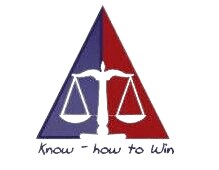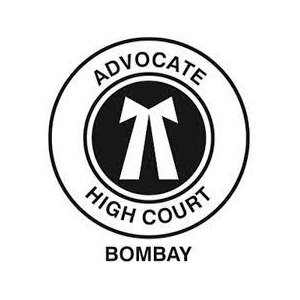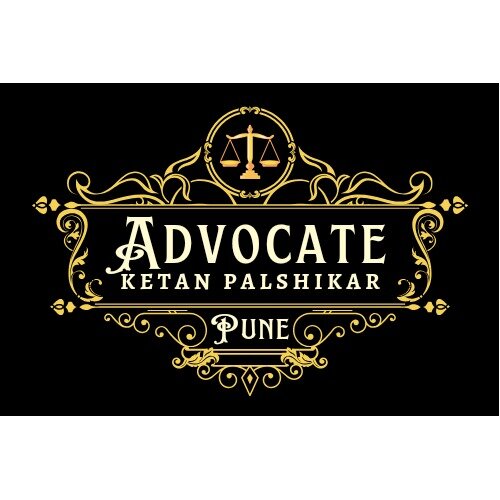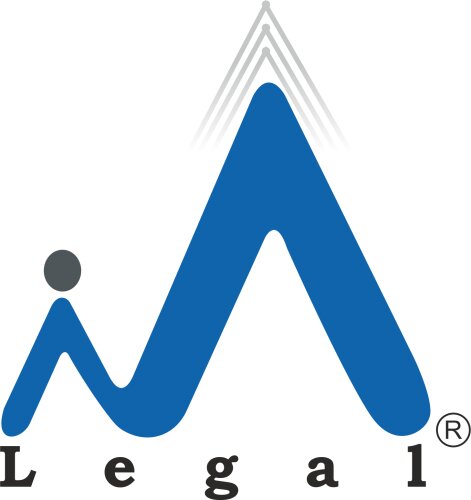Best Drug Crime Lawyers in Pune
Share your needs with us, get contacted by law firms.
Free. Takes 2 min.
List of the best lawyers in Pune, India
About Drug Crime Law in Pune, India
Pune, located in the state of Maharashtra, India, is subject to Indian law regarding drug crimes. Drug-related offenses in India are governed by the Narcotic Drugs and Psychotropic Substances (NDPS) Act, 1985. This act aims to combat the trafficking and abuse of drugs and sets stringent penalties for various offenses related to drug possession, distribution, sale, and manufacturing. In Pune, the law enforcement agencies and judicial system strictly enforce these laws to curb drug-related crimes.
Why You May Need a Lawyer
Navigating the complexities of drug crime law can be challenging without professional legal assistance. Common situations where you may need a lawyer include:
- Arrest for Possession: If you are arrested for possessing illegal drugs, you will need a lawyer to help you understand your rights and build a defense.
- Charges of Trafficking: Being charged with drug trafficking is a severe offense and having a lawyer is crucial to navigate the legal intricacies involved.
- Investigation and Interrogation: If you are under investigation for suspected drug offenses, a lawyer can guide you through the process and advocate on your behalf.
- Legal Representation in Court: Facing drug crime charges in court without legal representation can be daunting. A lawyer will provide necessary representation and strive for the best possible outcome.
- Bail Applications: If you need to apply for bail, a lawyer can help expedite the process and increase the likelihood of securing bail.
Local Laws Overview
The NDPS Act, 1985, serves as the primary legal framework for drug-related offenses in Pune. Key aspects include:
- Classification: Drugs are classified into various categories with specific guidelines for each. This includes narcotic substances like cocaine, heroin, and psychotropic substances like amphetamines.
- Penalties: Penalties range from small fines for possession of minor quantities to the death penalty in cases of large-scale trafficking.
- Procedures: The act outlines stringent procedures for the investigation, seizure, and arrest in drug-related cases to ensure fair trials and protect individual rights.
- Preventive Measures: Provisions exist for the monitoring and control of the manufacture, distribution, and consumption of drugs.
- Rehabilitation: The law also mandates measures for the treatment and rehabilitation of drug addicts to reintegrate them into society.
Frequently Asked Questions
What should I do if I am arrested for a drug-related offense in Pune?
Immediately contact a qualified lawyer who specializes in drug crime law to assist you with legal procedures and ensure your rights are protected.
What are the penalties for drug possession in Pune?
Penalties vary based on the quantity and type of drug. Small quantities might lead to fines and short-term imprisonment, while larger quantities can lead to severe penalties, including long-term imprisonment or even the death penalty.
Can I get bail for a drug crime offense?
Yes, it is possible to apply for bail. A lawyer can help prepare a bail application and argue your case in court to secure bail.
Are there any legal defenses against drug crime charges?
Various legal defenses can be put forward, including lack of possession knowledge, illegal search and seizure, entrapment, and evidence tampering. A lawyer can help identify the best defense for your case.
Is drug addiction considered a crime in Pune?
Drug addiction itself is not a crime, but possession and use of illegal drugs are. There are provisions for treatment and rehabilitation of addicts under the law.
What is the role of a lawyer in drug crime cases?
A lawyer provides legal representation, helps in understanding charges, prepares and files legal documents, negotiates plea bargains, and advocates your case in court.
How long does a drug crime case take to resolve?
The duration varies depending on the complexity of the case, the quantity of drugs involved, and legal procedures. A lawyer can provide a more specific timeline based on individual circumstances.
Can I travel abroad if I have pending drug-related charges?
Usually, travel restrictions are imposed if you have pending charges. It is essential to consult with your lawyer before making any travel plans.
What should I do if I am falsely accused of a drug crime?
Immediately seek legal assistance to gather evidence, build a strong defense, and clear your name.
Can minors be charged under NDPS Act?
Yes, minors can be charged under the NDPS Act, but the Juvenile Justice Act also provides for their protection and rehabilitation.
Additional Resources
Here are some resources and organizations that can be helpful:
- Narcotics Control Bureau (NCB): This is the central authority for enforcement of drug laws in India.
- National Drug Dependence Treatment Centre (NDDTC): They provide treatment and rehabilitation for drug addicts.
- Local Legal Aid Societies: These can provide free or subsidized legal assistance to those in need.
Next Steps
If you find yourself needing legal assistance regarding drug crime, follow these steps:
1. Contact a Lawyer: Reach out to a lawyer who specializes in drug crime law. You can find lawyers through legal aid societies, bar associations, or online directories.
2. Gather Documents: Collect all relevant documents, such as arrest records, charge sheets, and any evidence that can support your case.
3. Follow Legal Advice: Work closely with your lawyer, follow their advice, and stay informed about your case's progress.
4. Attend All Legal Proceedings: Ensure you attend all court dates and legal proceedings as required.
5. Explore Rehabilitation Options: If addiction is a factor, seek rehabilitation and treatment options available through government or private institutions.
Lawzana helps you find the best lawyers and law firms in Pune through a curated and pre-screened list of qualified legal professionals. Our platform offers rankings and detailed profiles of attorneys and law firms, allowing you to compare based on practice areas, including Drug Crime, experience, and client feedback.
Each profile includes a description of the firm's areas of practice, client reviews, team members and partners, year of establishment, spoken languages, office locations, contact information, social media presence, and any published articles or resources. Most firms on our platform speak English and are experienced in both local and international legal matters.
Get a quote from top-rated law firms in Pune, India — quickly, securely, and without unnecessary hassle.
Disclaimer:
The information provided on this page is for general informational purposes only and does not constitute legal advice. While we strive to ensure the accuracy and relevance of the content, legal information may change over time, and interpretations of the law can vary. You should always consult with a qualified legal professional for advice specific to your situation.
We disclaim all liability for actions taken or not taken based on the content of this page. If you believe any information is incorrect or outdated, please contact us, and we will review and update it where appropriate.















